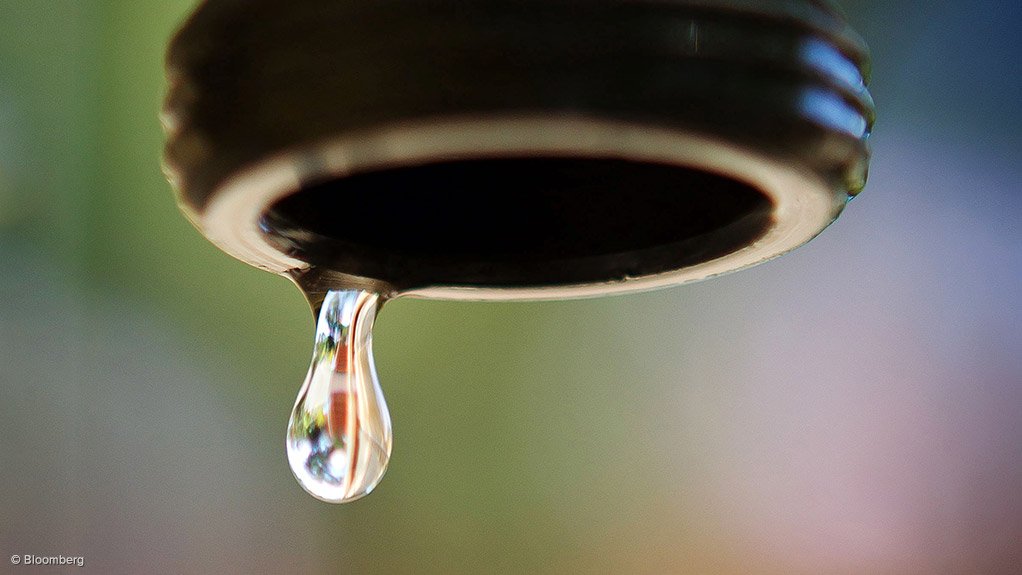Johannesburg Water says there is no "water crisis" because only a few of the more than 100 water systems have been affected by outages.
The entity held a media briefing on Tuesday after a days-long outage in Sandton, while areas in the CBD, the south, west and east were still struggling.
On Tuesday, Logan Munsamy, Johannesburg Water's manager of operations and water and sewer infrastructure maintenance, said "there is no crisis".
He said there were more than 100 reservoirs, but only "two or three systems were affected".
"So, while it appears large [scale] – the scale is small."
Munsamy said he did not mean that many people weren't affected, just that it wasn't the majority of the city.
He added that the pipe renewal system needed to be accelerated because the air in the pipes, caused by throttling the system, was causing leaks and bursts.
"We must be mindful of infrastructure backlogs that require financial resources," he said, adding that it was a "challenge to most municipalities, not just Johannesburg".
In October, though, former Johannesburg Water COO Derrick Kgwale conceded the city was in a "water crisis".
Speaking at the second of a series of bi-weekly meetings the water entity had committed to, Kgwale said he was praying for rain to help get the city out of its dry spell after a heatwave caused a weeks-long water outage in some parts.
He openly called the situation a "crisis", saying there was no other word for it when communities had been inconvenienced, adding that the entity was not proud of the situation.
At the beginning of December, Johannesburg Water advertised for a new COO.
Responding to Munsamy's remarks, Farah Domingo, of the citizen's organisation, the Johannesburg Water Crisis Committee, said water outages were occurring in the "north, south, east and west of the city" - and, if that wasn't a water crisis, "then there wouldn't be so many suburbs without water".
She also commented on statements by Johannesburg Water and the bulk water supplier, Rand Water, that consumers were using too much water, leading to water outages.
"Instead of blaming the residents - go and see how many water leaks there are in the city. Why don't they concentrate on fixing those?"
Domingo lives in Bezuidenhout Valley, which is supplied by the Alexandra Park reservoir, which has been throttled since August.
Munsamy said water was throttled between 20:00 and 04:00, adding that Alexandra Park reservoir had had a high demand for an extended period.
"Consumption is on an upward trend with ever-increasing demands, which has put a tremendous strain on the reservoir – we have no option but to close or throttle the reservoir [when it is strained].
"While we endeavour to close the reservoir diligently between 20:00 and 04:00 – when water is threatened, we have to close [the taps] because it can take four to seven days to recover," he added.
Domingo countered that homes in Highland Road only received water around midday because they were high up and needed pressure for water to build up.
"So how is it they are using too much water? You can't blame the public," she said.
Domingo led a protest to the Johannesburg Council Chamber on 29 November after the mayor, Kabelo Gwamanda, snubbed a meeting with the organisation in favour of golf.
On that day, Gwamanda promised to meet within two weeks. This meeting is yet to take place.
The committee is offering water and data experts, who are willing to give their time and effort - for free - to assist in dealing with the water issues. The City of Johannesburg is yet to take them up on the offer.
On Tuesday, Munsamy told News24 he had been engaging with Gwamanda about Johannesburg Water's engagement with the group, and would give feedback later.
EMAIL THIS ARTICLE SAVE THIS ARTICLE
To subscribe email subscriptions@creamermedia.co.za or click here
To advertise email advertising@creamermedia.co.za or click here











